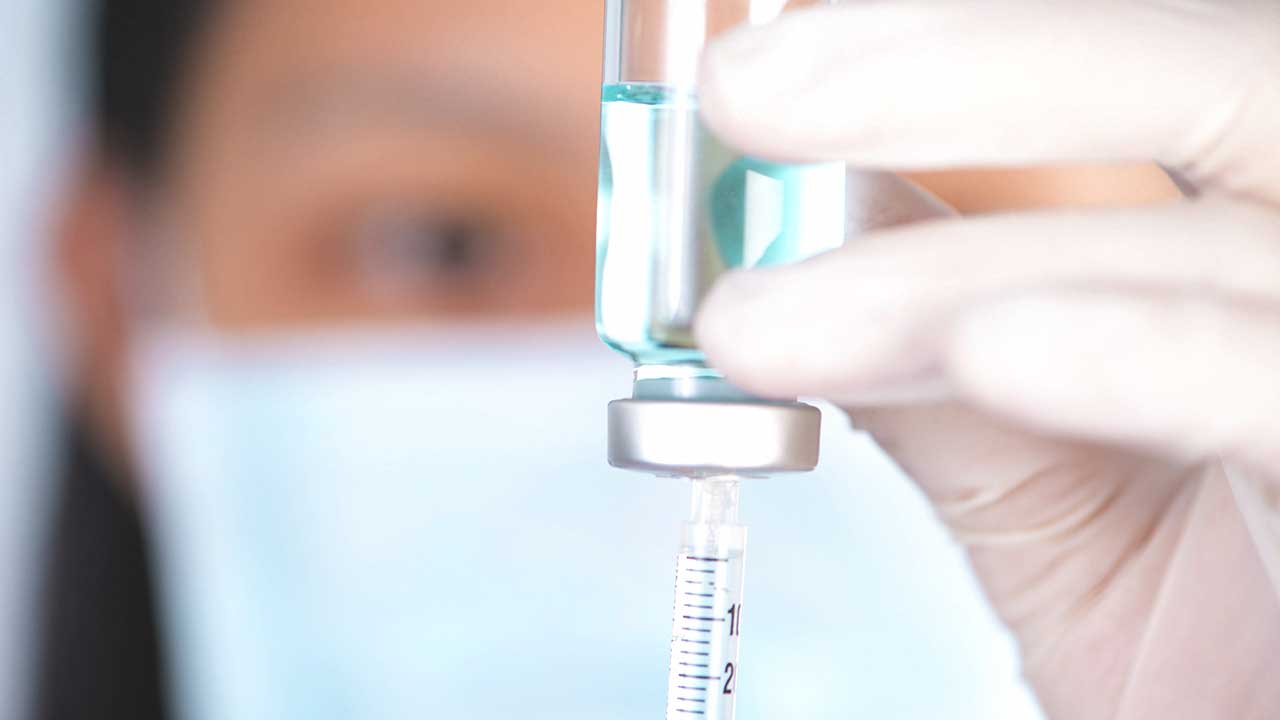
What Is Ulcerative Colitis?
Ulcerative colitis is an inflammatory bowel disease (IBD). IBD comprises a group of diseases that affect the gastrointestinal tract. Ulcerative colitis occurs when the lining of the large intestine (colon or bowel) and the rectum become inflamed. This inflammation produces tiny sores called ulcers on the lining of the colon. It usually begins in the rectum and spreads upward. It rarely affects the small intestine beyond the lower portion.
The inflammation causes the bowel to move its contents rapidly and empty frequently. As cells on the surface of the lining of the bowel die, ulcers form. The ulcers may cause bleeding and discharge of mucus and pus.
This disease affects people of all ages. Symptoms tend to develop when people are between the ages of 15 and 30, or between the ages of 50 and 70.
What Causes Ulcerative Colitis?
The cause of this condition is unknown. Researchers no longer believe that stress is the cause. Today, research focuses on the immune system and heredity for possible causes.
Who Is at Risk for Ulcerative Colitis?
Most people with ulcerative colitis don't have a family history of the condition. However, you're more likely to develop it if a close family member also has the condition.
Ulcerative colitis can develop in a person of any race, but it is more common in Caucasians. According to the Mayo Clinic, if you are an Ashkenazi Jew you have a greater chance of developing the condition than most other groups.
Some studies show a possible link between the use of the drug isotretinoin (Accutane, Amnesteem, Claravis, or Sotret) and ulcerative colitis. Isotretinoin treats cystic acne.
What Are the Symptoms of Ulcerative Colitis?
The seriousness of symptoms varies among affected people. According to Cedars-Sinai, about 50 percent of people diagnosed with ulcerative colitis have mild symptoms. However, symptoms can be severe. Common symptoms of ulcerative colitis include:
- abdominal pain
- increased abdominal sounds
- bloody stools
- diarrhea
- fever
- rectal pain
- weight loss
- malnutrition
Ulcerative colitis may cause additional symptoms such as:
- joint pain
- joint swelling
- nausea
- vomiting
- skin ulcers
- mouth sores
Complications of Ulcerative Colitis
Ulcerative colitis increases your risk of colon cancer. Your doctor will perform a colonoscopy and check for cancer when you receive your diagnosis. It's important to schedule a follow-up screening eight to 12 months after your doctor diagnoses ulcerative colitis. This helps lower your risk of colon cancer. Repeat screenings every one to two years are needed thereafter. Follow-up screenings can detect precancerous cells early.
Other complications of ulcerative colitis include:
- thickening of the intestinal wall
- sepsis (blood infection)
- severe dehydration
- toxic megacolon (rapidly swelling colon)
- liver disease (rare)
- intestinal bleeding
- kidney stones
- inflammation of skin, joints, and eyes
- hole in the colon
- ankylosing spondylitis (inflammation of joints between the spinal bones)
How Is Ulcerative Colitis Diagnosed?
Different tests can help your doctor diagnose ulcerative colitis. This disorder mimics other bowel diseases such as Crohn's disease. Your doctor will run multiple tests to rule out other conditions. Tests to diagnose ulcerative colitis include:
- stool test: a doctor examines your stool for blood, bacteria, and parasites
- endoscopy: a doctor uses a flexible tube to examine the stomach, esophagus, and small intestine
- colonoscopy: diagnostic test that involves insertion of a long, flexible tube into the rectum to examine the inside of the colon
- biopsy: a surgeon removes a tissue sample from the colon
- barium enema: X-rays are taken of your colon and rectum, using barium to provide contrast
A blood test also helps diagnose ulcerative colitis. This test looks for signs of anemia (low blood count). A blood test also checks for a high level of the C-reactive protein and a high sedimentation rate. Both are indicators of inflammation in the body.
What Are the Treatments for Ulcerative Colitis?
Ulcerative colitis is a chronic condition. Treatment usually involves drug therapy or surgery. The goal of treatment is to reduce the inflammation that causes your symptoms.
Your doctor may prescribe a medication to reduce inflammation and swelling. These types of medications include sulfasalazine (Azulfidine), mesalamine (Asacol and Lialda), balsalazide (Colazal), and olsalazine (Dipentum). Reducing inflammation will help alleviate abdominal cramps and diarrhea. More serious cases may need corticosteroids, antibiotics, or medication to suppress immune function.
If your symptoms are severe, you will need to be hospitalized to correct the effects of dehydration and malnutrition that diarrhea causes.
Surgery is necessary when there is massive bleeding, chronic and debilitating symptoms, perforation of your colon, or if there is a risk of cancer. A barium enema and a colonoscopy can detect these serious problems.
Surgical options include proctocolectomy with ileostomy (the most common surgical treatment) and ileoanal anastomosis.
Proctocolectomy with ileostomy involves the removal of the entire colon and rectum. A surgeon will make a small opening in the abdominal wall through which the tip of the lower small intestine (the ileum) is brought to the skin's surface. Waste will drain through the opening into a bag.
In ileoanal anastomosis, a surgeon removes the diseased part of the colon but the outer muscles of the rectum remain. Then they attach the ileum inside the rectum and form a small pouch. After this surgery, an individual is able to pass feces through the rectum. Bowel movements will be more frequent and watery than normal.
How Can I Prevent Ulcerative Colitis?
There is no solid evidence that what you eat can affect your condition. You may find that certain foods aggravate your symptoms when you have a flare-up. Practices that may help include:
- drinking small amounts of water throughout the day
- eating smaller meals throughout the day
- limiting your intake of high-fiber foods
- avoiding fatty foods
- lowering your intake of milk if you're lactose intolerant (unable to digest lactose)
Also, ask a dietician if you should take a multivitamin.
What Is the Long-Term Outlook?
There is no known cure for ulcerative colitis. If you have this condition, your doctor will need to monitor you and you will need to carefully follow your treatment plan throughout your life.
Read more in Ulcerative Colitis Resources


